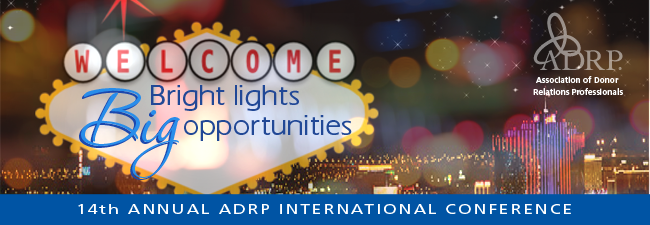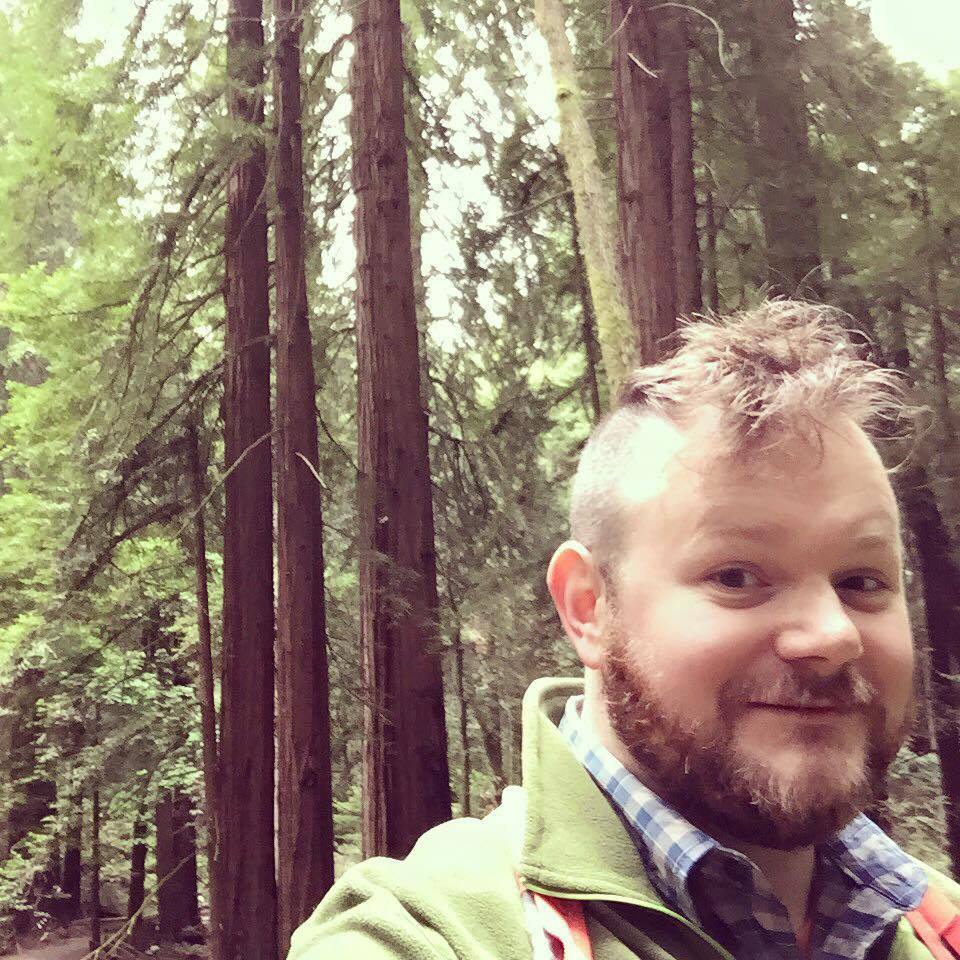|
In Service:
The Column of the ADRP President
Kathleen Diemer, CFRE
Executive Director of Donor Relations and Advancement Communications
George Mason University
As donor relations professionals, we spend a lot of our time worrying about donor retention. After all, it is our job to help our organizations build lasting and satisfying relationships with donors. We all know that our current donors are our best prospects and that it costs less to retain a donor then it does to acquire one, so we work hard to keep our donors happy.
In our ideal world, everything should be donor-centric. But after almost two decades in this profession, I have realized that there is a small subset of donors we never publicly discuss. If we are truly honest with ourselves and our organization's leadership, there are some donors we may not want to retain.
In some cases, the decision to part ways with a donor may be fairly easy. Few organizations would want to retain a donor who is physically or emotionally abusive to staff, if for no other reason then it opens the organization to risk. But sometimes the decision is much more difficult, particularly when it comes to a, thankfully small, but specific group of donors. I know of no official terminology for these particular donors, so I will refer to them as "chronically unhappy people."
At some point in our careers, most of us encounter a donor who is a chronically unhappy person. To be clear, I am not referring to donors who are in the midst of grief, illness or life challenges. I am also not referring to donors who have perfectly realistic expectations or who are unafraid to let us know when our organization justifiably disappoints. Disappointed donors can often be some of our best advocates and allies in helping fix problems or change outdated policies or programs.
Instead, the chronically unhappy people are the donors that no amount of time or attention will satisfy. Years ago, when I worked at my alma mater, we had a university staff member who had established an endowed scholarship. Year after year, she would find cause for complaint. She didn't like her recipients. She didn't think we did a sufficient job of stewarding her. She didn't like the reports she received. The list of complaints went on and on, and we were constantly trying to make her happy. Worse yet, every time we thought we had finally achieved this elusive goal, she would come up with a new issue we needed to address.
One day, I was meeting with our vice president and told him that she had emailed with a new issue. He looked at me and asked if I had spent any considerable amount of time with her. I said no, and he then replied, "Well Kathleen, I have, and she is a pretty miserable person." With that one candid comment and a nod of his head, the vice president made it clear that he knew we would never truly satisfy this particular donor, and we no longer needed to try. Yes, we continued to be respectful and appreciative of her generosity, but we stopped burning staff time and energy trying to respond to her every whim and her unrealistic expectations - and eventually when we stopped giving her so much attention, she stopped complaining.
Over the long-term, chronically unhappy donors can be toxic to an organization. They demoralize and exhaust staff. They burn through time and resources that can be utilized for the betterment of all donor relationships. And they can leave talented and dedicated fundraising professionals wanting to flee the profession.
Many years later, I am still extremely grateful for that brief but insightful conversation with my then vice president. It taught me a valuable lesson. One that I often reiterate to my leadership and my team. As donor relations professionals, we need to remember that there will be rare occasions when no amount of effort will make a particular donor happy, and sometimes we simply have to accept that fact and move on.
With gratitude,
Kathleen Diemer
[email protected]
President
The Power of 1
Natalie Q. McGee
Associate Director, Grateful Patient Program
UC Davis Health Sciences Development & Alumni Relations
We find ourselves in the midst of an ever-changing communications landscape. In a society where digital platforms are a vital means of communication, our standard forms of dialogue have become video conferencing, Skype, and rapid-text communication. As professionals, we are keeping pace with our new Apple- and Android-based devices, BUT nothing can replace the impact of being present in face-to-face interactions. We are losing our understanding of “The Power of 1.”
“Donor Relations is the comprehensive effort of any non-profit that seeks philanthropic support to ensure that donors experience high-quality interactions with the organization that foster long-term engagement and investment.” ADRP Definition
[Read More]
Upcoming Events: Register Today!
The Southeast Donor Relations Conference (SEDRC) 2017 a month away! Join your colleagues for two days of presentations, networking, and discussion while earning CFRE credits.
Learn more and register >>
It's not too late to register for the 3rd Annual Toronto Regional Workshop. Whether you work in higher-ed, healthcare, or other non-profit sectors, come share your ideas and best-practices.
Learn more and register >>

Registration for the 14th Annual International Conference is now open! Join donor relations and stewardship professionals from around the world this fall in Las Vegas Nevada. The largest international conference dedicated to Donor Relations and Stewardship, your knowledge will help other professionals, whether just starting in the field or experienced in several areas of philanthropy.
Learn more and register >>
Guest Articles for The Hub
(We Want Your News!)
One of the many benefits of being a member of ADRP is belonging to a community of professionals that shares knowledge and experiences. In an effort to better serve our members this year, we are working to bring you content each month that is helpful, relevant, and cohesive.
We are seeking article submissions from our members that cover any topic relevant to the profession, including those that may coincide with one of the monthly webinars.
Please share with us your best practices, experiences, successes, or challenges related to this topic so we can collectively learn and grow. Articles must be received the month prior to the scheduled publication month.
Member Spotlight
 Name: Scott S. Eichinger Name: Scott S. Eichinger
Institution: National Park Foundation
Position: Director, Donor Relations & Stewardship
ADRP member for 3 years
How long have you worked in donor relations/stewardship and how did you get involved in this profession?
I've more or less been doing some type of donor relations/stewardship work for my professional career spanning the past 18 years. I started by answering the donor phone line for a theatre company, fixing their donor records, helping them with tickets, and resending acknowledgments and tax receipts. Each position I've held since that first job has had an increasing amount of donor relations/stewardship responsibility.
[Meet Scott]
|